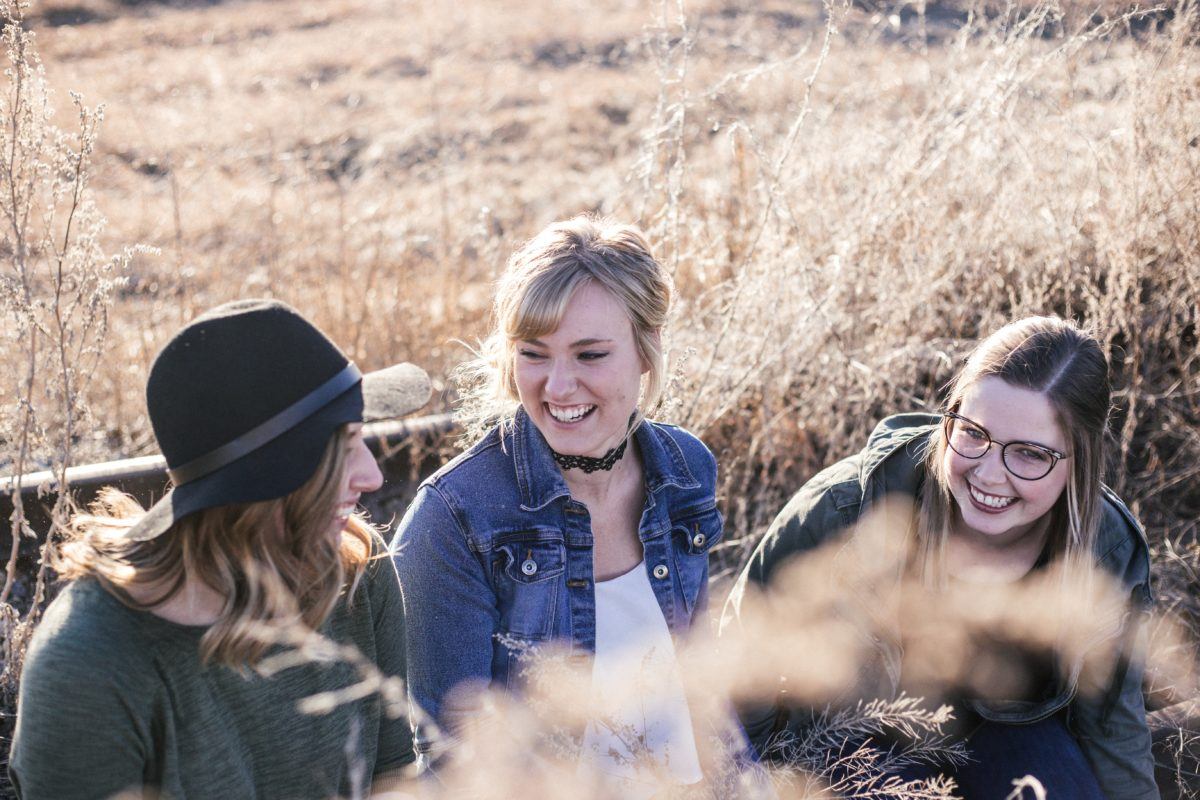
Grace Garvey-Hall is the Development and Communications Liaison at Mary’s Pence. She started working with Mary’s Pence in March, but also worked as an intern in the Summer of 2014. She is a Minnesota native, but having had the opportunity to live and travel abroad, as well as live in a variety of communities in the United States, she is deeply invested in global feminism, and the well-being of all women.
Strong, independent woman.
That’s the phrase I hear tossed around a lot among my friends – to describe themselves as empowered or to describe a woman they admire. I too use this image as an example of the kind of woman I want to be.

It’s a daily struggle, though, because I often feel weak. I need the help of others because there is still a lot I don’t know. And on top of that whole “needing other people” thing, I have a very clear goal in mind of becoming a wife and a mother some day. I love to cook, bake pies, and my next project is learning how to sew. All of this neediness and joy I just so happen to find in traditionally female activities felt like a crime against feminism, and against that strong, independent woman I still also want to be.
It doesn’t help that the ideas I hear associated with strength and independence seem to have become increasingly extreme: she doesn’t need a man and doesn’t need anyone else; she climbs the corporate ladder, trampling everyone else on the way to the top; she makes her own money, pays her own bills, and buys her own cars, but only the newest models. We can’t deny that these are the “feminist” images we are bombarded with in television, music, and movies.
Where does my pie-baking fit into all of that?
What I’ve realized is that this all-powerful, independent woman that we have made the poster-woman for feminism is actually missing something. This mainstream example of feminism is a woman on her own. Though she might have a posse, followers, she doesn’t have a community. And really, doesn’t that take away her strength?
Let’s not forget that feminism is “the advocacy of women’s rights on the grounds of political, social, and economic equality to men.” Feminism is not trying to make yourself the woman who’s on top, it’s about striving for equality for all.
Independence is a great thing for a woman to have. But we should not be afraid to be in community with others. I mean this in two ways: firstly I believe that there is incredible strength in vulnerability. It is important to create a network of people who will support us and whom we can support in turn. This is a necessary first step to the larger goal.
Secondly, being in community with others as a feminist means looking at our sisters across the globe and doing the work to embrace them. Feminism values solidarity – that is community across boundaries. We throw around words like inclusivity or global feminism. What we mean is that community doesn’t end at our doorstep, or our neighborhood. If we are feminists, we are advocating for women’s rights – all women’s rights. And empowerment is not a solo act.
Grace Garvey-Hall
